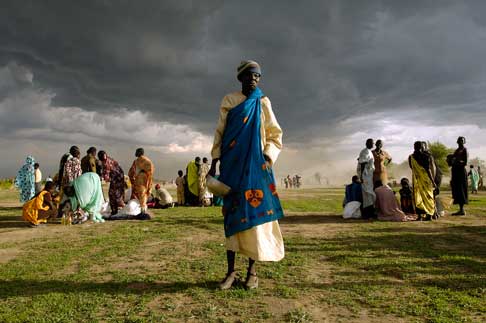24th October 2013 Brasilia, Brazil
UNSC says: get women involved!
 Women are 50% of the population, 50% of the policy beneficiaries, and 90% of the casualties from armed conflict are civilian women and children; why not make them 50% of the decision making and peacekeeping processes?
Women are 50% of the population, 50% of the policy beneficiaries, and 90% of the casualties from armed conflict are civilian women and children; why not make them 50% of the decision making and peacekeeping processes?
In the UK, women are 51% of the population, but only 22% of our parliamentary representatives, 23% of our judges and 31% of our local councillors. In Brazil, women are also 51% of the population, but only 12% of congress and 33% of the Ministers.
First, let’s talk numbers.
1325 was the resolution adopted in 2000 by the UN Security Council (UNSC). It gives special focus to the role of women in peace keeping, peace building and conflict resolution processes. 2122 was unanimously adopted in 2013 to reinforce the principles of UNSCR 1325, and hold member states and the UN itself, to account on ensuring women participation and give specific focus on women leadership. Six is the total number of resolutions adopted by the UNSC on Women, Peace and Security – four are specific to sexual violence in conflict (we have blogged and will blog more about this later, so I won’t give it all away now), and two offer a wider view on the agenda, particularly on women’s participation. Fifteen is the number of UN peacekeeping operations in progress, five are the led by women.
Now let’s talk action.
Women participation and leadership are high priority in UK’s Human Rights agenda. This involves various areas in Government and Civil Society plays an important role. We work hard to ensure women and gender approaches are incorporated in all our peacekeeping actions, as well as in the trainings we provide our staff. UK has various projects and funds to promote women participation, especially in our three priority areas: Afghanistan, Democratic Republic of Congo (DRC) and Nepal. The UK is also the pen holder at the UNSC on issues relating to Women, Peace and Security and is a founding member of UNSCR 1325. This year it also sponsored Resolutions 2106 and 2122, both of which were co-sponsored by over 40 other member states each. We take the UN Convention to Eliminate All Forms of Discrimination Against Women (CEDAW) very seriously (UK ratified in 1986), as well as its optional protocol (ratified in 2005).
In June Menna Rawlings, our Human Resources Director, gave an interview on The Guardian that highlights our progress. We have a long road ahead of us and we know it’s not an easy one. Even so, we are committed to making women participation and leadership a crucial point of our policies. FCO has started walking down this road with a “do your homework first” approach: women are 40% of our governing board and we have 39 women as heads of posts across the world –in strategic places, such as Geneva, South Africa and the UK Delegation to NATO.
This is both a delicate and thrilling subject form me on which I could go on forever, but I won’t keep you much longer. However, I do promise gender equality and women’s rights will come up again on Speakers Corner, so please do come back for more!